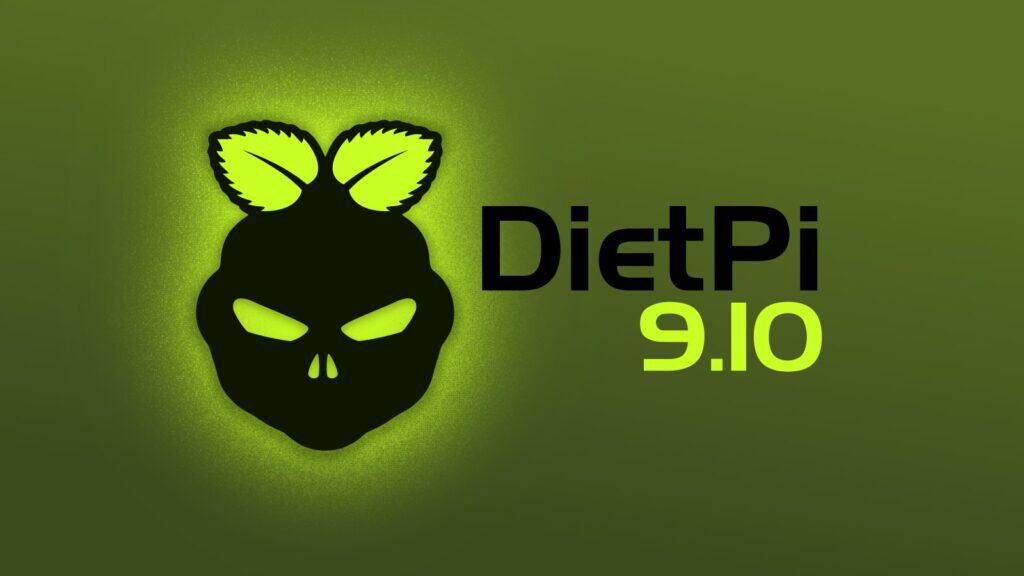DietPi, a lightweight Debian-based Linux distribution designed for single-board computers (such as Raspberry Pi), has just unveiled its latest iteration, DietPi 9.10.
With this new release, users of the Orange Pi 5 Max, Orange Pi 5 Pro, and NanoPi M6 SBCs will find new official images for their devices. Moreover, RISC-V devices—specifically StarFive’s VisionFive 2 and PINE64’s Star64—transition to the upcoming Debian Trixie.
In light of this, existing systems on these boards will be smoothly migrated from Debian Sid/unstable to Debian Trixie/testing. At the same time, DietPi 9.10 expands software options for RISC-V systems. This includes the ability to install Bazarr, Raspotify, NZBGet, MicroK8s, and AdGuard Home.
Moreover, the new release introduces the DietPi-Display tool – a script that centralizes control of console display modes and rotation via KMS/DRM, making it much simpler to enable the DSI display ports.
On Raspberry Pi hardware (running Bookworm or newer releases), it is now also possible to migrate to the latest Raspberry Pi kernel and firmware stack with just a few clicks through the dietpi-config menu.
As DietPi gradually shifts relevant display options from dietpi-config into the new dietpi-display tool, users are encouraged to test its beta features and provide feedback if they encounter any issues.
On the services management front, previously, dietpi-services (re)start would also restart services that users had intentionally disabled. Now, it only restarts enabled services when no explicit service name is provided—ensuring that disabled services remain off unless explicitly directed otherwise.
Regarding automation, DietPi 9.10 introduces two updates housed in the “dietpi.txt” file:
- AUTO_SETUP_APT_INSTALLS: Users can now list multiple APT packages to be installed automatically at the end of the first run setup.
- AUTO_SETUP_INSTALL_SOFTWARE_ID: This option allows multiple software IDs to be defined on a single line, separated by a space. Although older configurations using multiple lines will still function, consolidating IDs into a single line is recommended for future compatibility.
It’s also worth noting the reintroduction of myMPD (a lightweight, bare-bones HiFi music player with a web-based interface) support for ARMv6 Bookworm systems. Another app, Vaultwarden, now displays its package version in the web UI.
However, be informed that the new release removes several software options from the dietpi-software menu. These are predominantly standalone packages (like iperf, vim, or tcpdump) that require no special configuration and are readily available through standard Debian repositories.
Lastly, DietPi 9.10 resolves many bugs across multiple platforms. Notably, onboard WiFi issues on the Orange Pi 5 Max have been fixed, Sonarr’s internal updater now functions properly, and the sticky configurations problem from Sonarr v3 to v4 migrations has been addressed.
Refer to the release announcement for a detailed overview of all changes.
